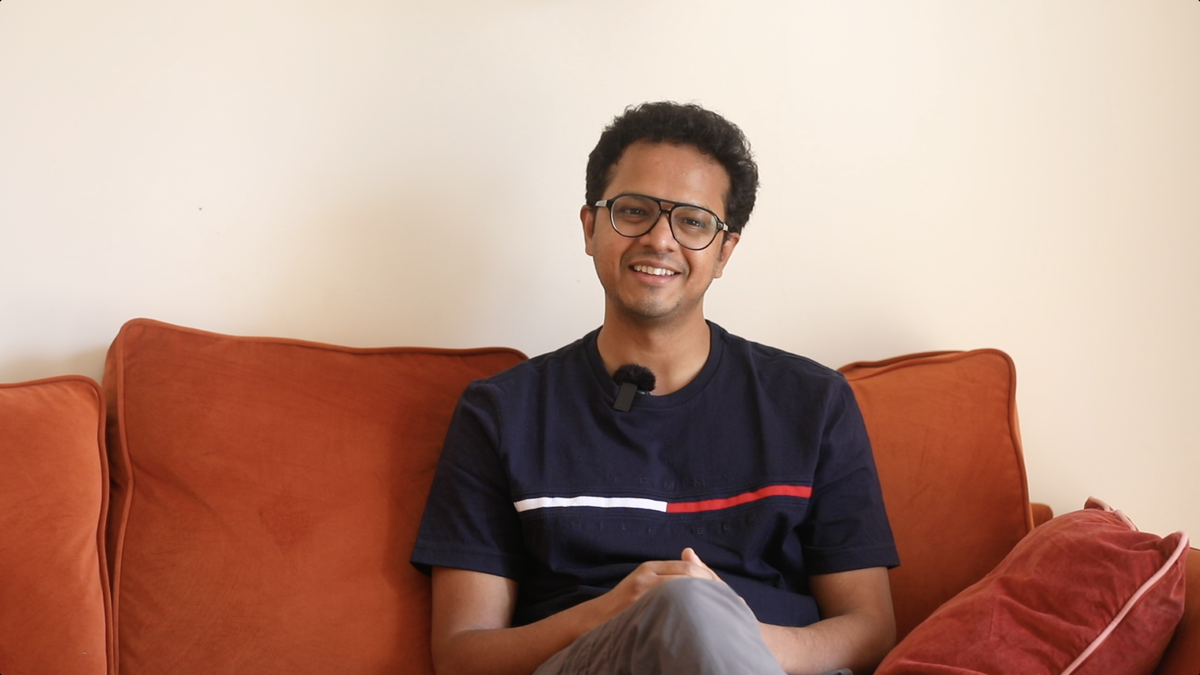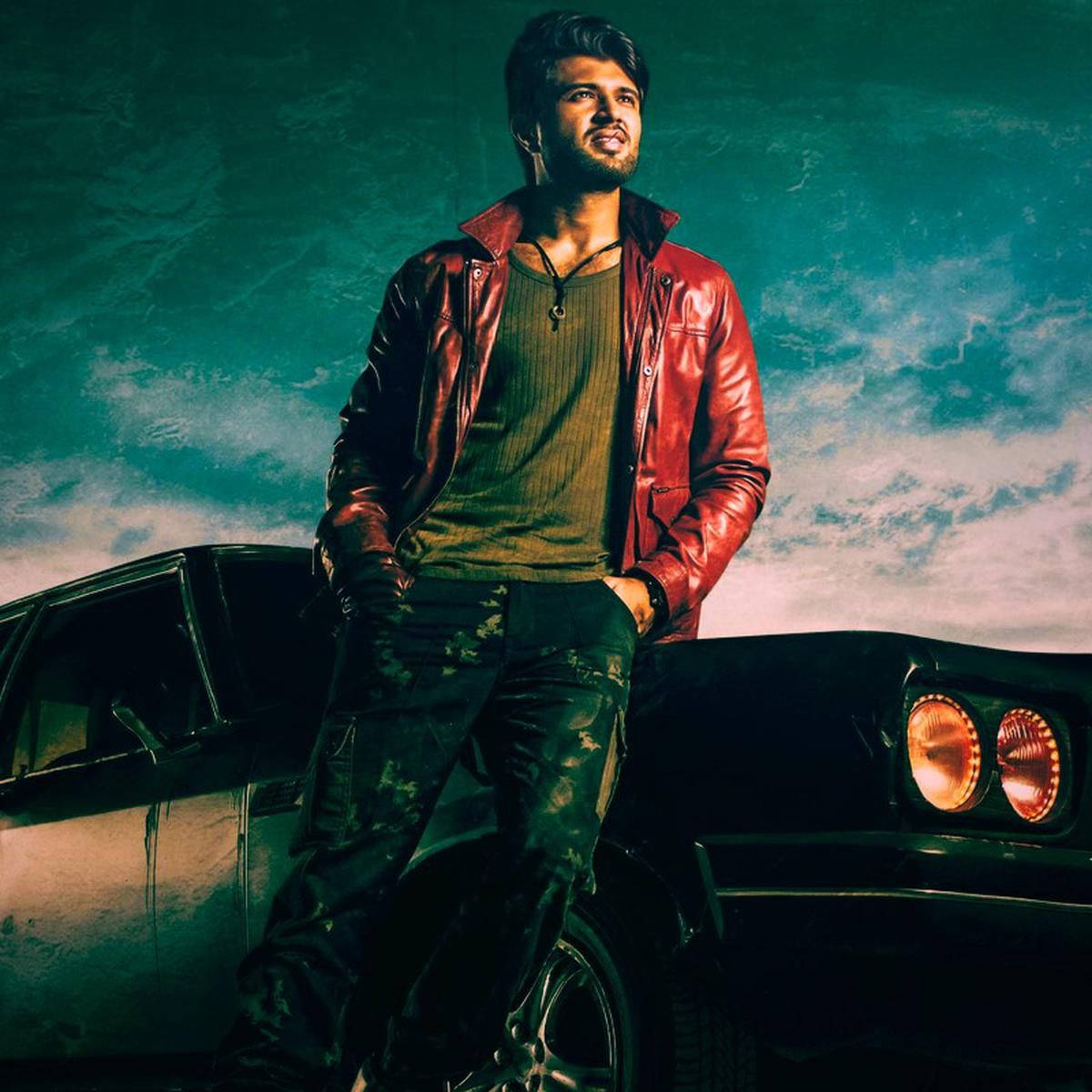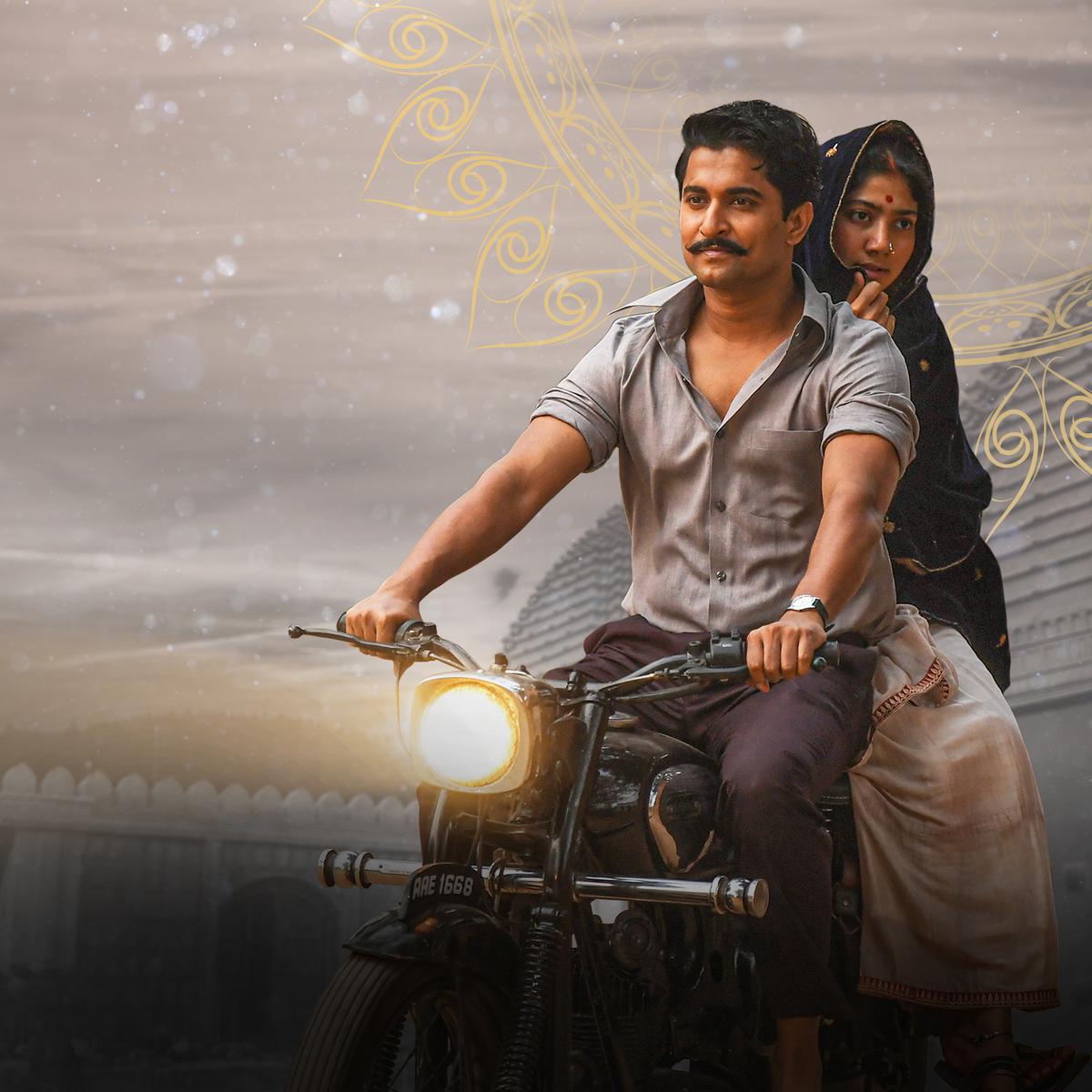
Rahul Sankrityayan
In almost nine years, Rahul Sankrityayan chose to go slow and steady and directed three films – The End, Taxiwala And Shyam Singh Rai, In this interview as part of the directors’ series, he reveals that he turned down a few quick projects. He says he cannot direct a film unless he likes a story and can relate to its world. Shyam Singh Rai Taught me that it is okay to take two to three years and make a film that people like.
taking of directors
This series of interviews highlights some of the directors who have made a mark in Telugu cinema in recent years. The series is an attempt to discuss how larger-than-life Telugu films that attract nationwide attention co-exist with fresh films of small and medium budgets.
Edited excerpts from the interview:
Your movies End, taxi driver And Shyam Singh Rai Don’t fall into the category of formulaic masala film. Was it a coincidence or did you set out to make different kinds of films?
I am not a fan of regular commercial films. The kind of films I like to watch – in theatres, on television or on digital platforms – I want to make films like that. Horror is one of my favorite genres and reincarnation is a subject that interests me. So all these stories have been a conscious choice.

Vijay Deverakonda in ‘Taxiwala’
soon after Shyam Singh RaiYou mentioned you’re working on several ideas – a zombie movie, a time travel story… what are you writing?
Ever since I started my journey, I have been trying to explore many concepts and ideas. I am working on a rural story set in Rayalaseema which talks about the people, their culture and their lesser known struggles. This will be an authentic Rayalaseema film, unlike the factional stories we have seen in the past. There will also be some action. I would call it a folk-noir film. I am also writing a contemporary social story involving a government servant; Zombie film and time travel film are also going to be made on a large scale.
You grew up in Rayalaseema in the 1990s. Have you come across factional Telugu films set against the backdrop of Rayalaseema and did you like it?
To my knowledge, the films made on Rayalaseema were about factionalism and revenge stories. I do not remember any other aspect of Rayalaseema being explored at that time. I enjoyed them very much; There was a sense of false pride. Rayalaseema has a rural culture that has not been explored. People are loving and sensitive. While researching for my new film, I visited a few villages and saw how helpful the people are. If you ask them for the route, they will guide you till you reach the place and make sure you are comfortable.
You said in an interview that your view of cinema changed after watching Mani Ratnam. Youth and Hollywood movies like star wars And Titanic, What were the other movies that piqued your interest?
i would love to see too Titanic, Jurassic Park And Anaconda, I watched Telugu dubbed versions of English movies in Kurnool cinemas and later English movies on Star Movies. I loved the experience of suddenly seeing dinosaurs on screen. i also enjoy watching action movies terminator, I don’t like subtle films and that’s probably why I like the films I make.
You did your B.Tech and worked in an IT firm before you realized that you were interested in cinema. Your short films and indie projects done End became your film school?
Completely. my last movie too Shyam Singh Rai It was like a training ground. Every film teaches you something or the other. I haven’t gone to any film school and haven’t worked with a mainstream commercial director, which I regret because working on my own is tough. I was a shy kid. Moving to Hyderabad and working with people who had better experience was not easy. I wasn’t good at telling and selling my stories, I lacked confidence. But I can write well. Together End, I understood what it takes to release a film and how distribution works. Together taxi driver, I understood the structure of the industry, how an established production house works and the economics of the industry. during Shyam Singh Rai I could focus more on telling the story because the other things were taken care of. I could have explored the characters better. I realized that cinema has the power to transport people to a different world, almost to change their perspective. So next time I want to make films which live longer.
While learning to navigate the industry as a budding filmmaker, did you regret leaving a steady IT job and felt in need of guidance?
Many times I felt that I had made a mistake and wondered if I should go back. But even in my software job, there was no comfort zone for me. That’s why I had to fight it. The biggest challenge for a filmmaker, more than focusing on the art, is that most of your energy goes into dealing with people and day-to-day situations. It depends on how efficient you are that day. A storyteller or an artist doesn’t work like that. Quitting my job and joining cinema was a difficult decision. The only thing driving me was that I needed to get things done.
looking back Shyam Singh Rai, Would you have done some things differently? One of the complaints was that the Vasu character (one of the dual roles played by Nani) was hurriedly removed and all the focus was on Shyam (Grandmother) and Rosie (Sai Pallavi).
I agree with it (criticism). The initial idea was how Vasu finds his Shyam. But the characters of Shyam and Rosie were so strong that we at the edit table felt that this is the USP of the story. The reincarnation part is something we have seen in other movies. This is the reason why the first part starring Vasu in the final film looks weak in comparison to Shyam and Rosie. I had an opportunity to discuss this for a possible Hindi remake (which has now been shelved), I thought I might rework Vasu’s character.

Nani and Sai Pallavi as Shyam and Rosie in Shyam Singha Roy
For the Bengali parts, did you go down the rabbit hole of discovering Bengali cinema after picking up this story or were you already aware of it?
For some reason I had this fascination for Bengal because of its people, literature, social reforms and politics. So when Satyadev Janga came up with this story, I was excited that I could explore Bengal through my film. I had already seen a few of Satyajit Ray’s films and thought I might pay some tribute. Shyam seeking a job at the ‘Royal Press’ is a tribute Aparajito, I also watched films by Rituparno Ghosh, Mrinal Sen and Guru Dutt to understand the portrayal of the educated youth of the era (1960s and 70s). I had time for research during the pandemic.
How comfortable are you directing a story written by someone else as opposed to writing and directing yourself?
It is a privilege to have a good story written by someone else. Conceptualizing and writing are time consuming tasks. I don’t mind getting a good story, maybe working on the final draft and collaborating. I know my literary standards and know that my knowledge is limited.
There was a time when budding directors felt the pressure to keep going with their back to back films and increase their brand value. Is this an easy place to negotiate, given that you’ve turned down a few movies?
Every five years, the way an industry operates changes. When I entered the industry, I realized that everyone is behind hits. When one or two different films change business, the trend turns in that direction. The focus nowadays is on large scale films. Young filmmakers should know how to adapt. If your voice is loud then you can become a trendsetter.
Afterwards Pushpa – The Rise, RRR And kgfThe focus is on Tamasha films. Some medium budget and smaller films have also done well. How do you see Telugu cinema in the post- bahubali stage?
Post bahubali And after the pandemic, people are open to all kinds of content. The audience is clear about which movies they will watch in theaters and what they will watch on their mobile phones, computers and televisions. Large-scale films that can engage audiences with spectacle, emotion and action guarantee a theatrical experience.
Apart from the need for an established production house and a star, what are the challenges in wanting to direct these big films?
The challenges will be the same as any other job – what is your experience of handling big budgets, stars and the expectations of their fans? How was your experience handling the crowd and action sequences? Producers and actors see what films the director has done before. People these days are open to all kinds of stories and directors too. It takes time to listen and understand them. Anyone can go and pitch a story. All you have to know is how to sell your story.
What kind of films are you looking forward to directing?
I want to make films that take people to a different world, forget their reality and connect with the emotions of the different characters. It can be comedy, compassion, action… in short, a therapy in the form of Navarasa.